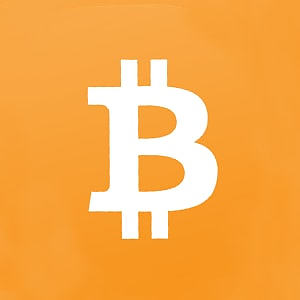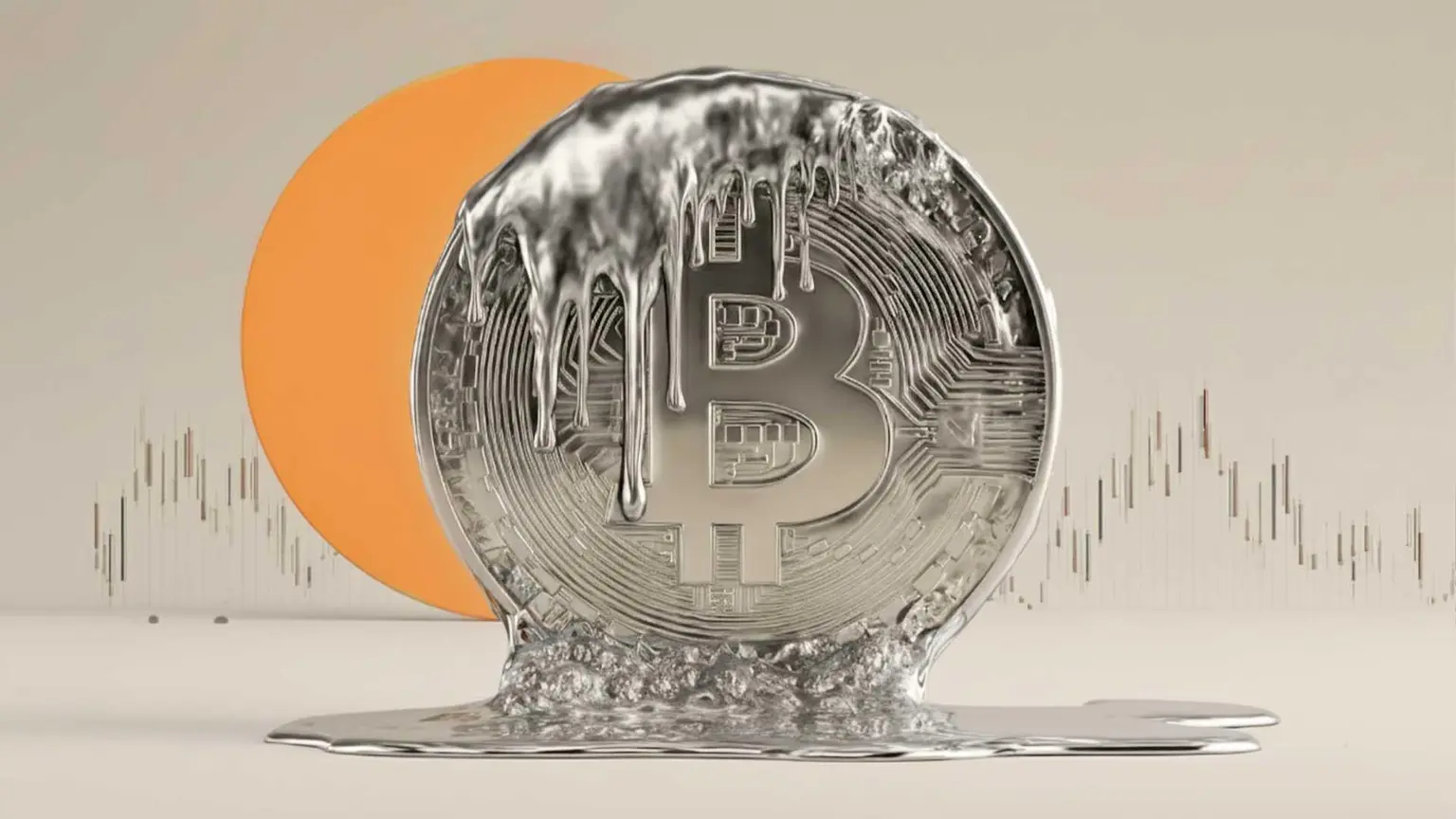What is a ‘recession?’ And does Bitcoin care?

The 'two quarters' standard is simple, but the definition by the National Bureau of Economic Research gives policymakers much-needed wiggle room. For Bitcoin, the semantics don't matter.
Recession – or the ‘R’ word as politicians call it – pops up in everybody’s conversations these days, and with good reason.
Today’s gross domestic product report showed that the U.S. economy shrank for a second consecutive quarter, and if you paid close attention in macroeconomics class, you’ll likely start panicking.
Many students of the economy learn at some point that “two straight quarters of declines” is tantamount to the definition of a recession. But it depends on who’s being asked. And these days, if you listen to policy makers, they’re pointing to an altogether different standard.
The National Bureau of Economic Research (NBER), which most analysts and U.S. officials defer to when determining the timing of economic cycles, says that a recession is defined by more than just GDP.
A recession is “a significant decline in economic activity that is spread across the economy and that lasts more than a few months,” according to the NBER. The inherent subjectivity gives policy makers, including the Federal Reserve, much-needed wiggle room – very different from the easy-to-classify “two quarters” definition.
“It was simple to understand, it was black and white,” said David Wessel, senior fellow in economic studies at the Brookings Institution and former Wall Street Journal economics editor. “The NBER definition is kind of mushy, for good reason, because there are lots of factors.”
The NBER was created in 1978, and going back in history, “two consecutive quarters of GDP decline” was the only definition that existed, Wessel said.
GDP could indicate how the economy is doing, but numbers often get revised, with the average revision over time being 1.5%. This is why the NBER’s approach could provide a more useful assessment, even though, most of the time, the “two quarters” standard still works.
“The discrepancy between the output side and the income side is particularly wide in the first quarter of this year, and that leads some people to think that GDP is likely to be revised and may not actually be negative in the first quarter,” Wessel said.
Two assistant secretaries for the U.S. Treasury Department wrote a lengthy web post this week laying out what they described as “considerable evidence” that the “economy is not currently in a recession,” even if GDP contracted for two straight quarters.
A Fox News correspondent asked a White House spokesperson this week why President Joe Biden’s administration was “trying to redefine ‘recession’” when “we all understand a recession to be two consecutive quarters of negative GDP growth.” (“That’s not the definition,” the spokesperson said.)
Similarly, at a press conference this week, a reporter asked Federal Reserve Chair Jerome Powell if he would consider the U.S. economy to be in a recession if GDP declined in the second quarter.
“The Fed doesn’t make a judgment on that,” Powell said. “Though, if you think about what a recession really is, it’s a broad-based decline across many industries that sustain for more than a couple of months and there are a bunch of specific tests in it. And this just doesn't seem like that.”
Treasury Secretary Janet Yellen earlier on Thursday reiterated Powell’s point, saying that a “semantic battle” about whether the country is in a recession should be “avoided,” and that a recession is a “broad-based weakening of the economy,” and “that is not what we’re seeing right now.”
What does this mean for bitcoin?
For traders of cryptocurrencies, and specifically bitcoin, the question is: Does it even matter at this point if the U.S. is in a recession?
The answer is most likely no.
“We're slowly learning that bitcoin is not a ’store of value’ but rather a ‘store of excess value,’" said Jeff Dorman, chief investment officer at the digital-asset manager Arca Funds. “Whether or not we are in a recession is irrelevant.”
Negative wealth fueled by declining business confidence and spending, as well as business revenues results in less demand for bitcoin, Dorman said, but from a structural standpoint, the largest cryptocurrency by market cap is unaffected.
“Bitcoin is nothing more than a call option on a future where bitcoin is used as an actual currency in the face of declining confidence in fiat,” he said. ”As a result, bitcoin's price is simply a reflection of whether or not that probability increases or decreases, and from that standpoint, a recession could in theory increase the probability of investors looking for an alternative to government fiat.” Fiat is a term many crypto analysts use to describe government-issued cash that’s not backed by any physical commodities like gold.
Given that most markets, including the cryptocurrency markets, have already suffered major losses this year due to macroeconomic uncertainty, it remains to be seen whether calling this period a “recession” or leaving it without a label would matter.
“I don’t care for a recession,” said Bob Iacchino, chief strategist at Path Trading Partners and co-portfolio manager at Stock Think Tank. “You're just naming a period and naming an economic period, but I don't care if you name it. People are either hurting or not.”
Bitcoin and most other cryptocurrencies have rallied since Powell’s dovish press conference on Wednesday and Thursday’s GDP number. Bitcoin was changing hands above $24,000 late Thursday, up 8% over the past 24 hours.
“The risk markets rally may be prematurally pricing in a potential slowdown in rate increases in reaction to the negative GDP print,” said Paul Eisma, head of trading at XBTO Group.
“We are in a data driven environment, so any economic numbers that hint at a slowdown in demand and growth, or easing of inflation, inflation expectations will be supportive of risk assets-including bitcoin, crypto.”
Compared with all that, the “R” word might just be a distraction.
Author

CoinDesk Analysis Team
CoinDesk
CoinDesk is the media platform for the next generation of investors exploring how cryptocurrencies and digital assets are contributing to the evolution of the global financial system.





